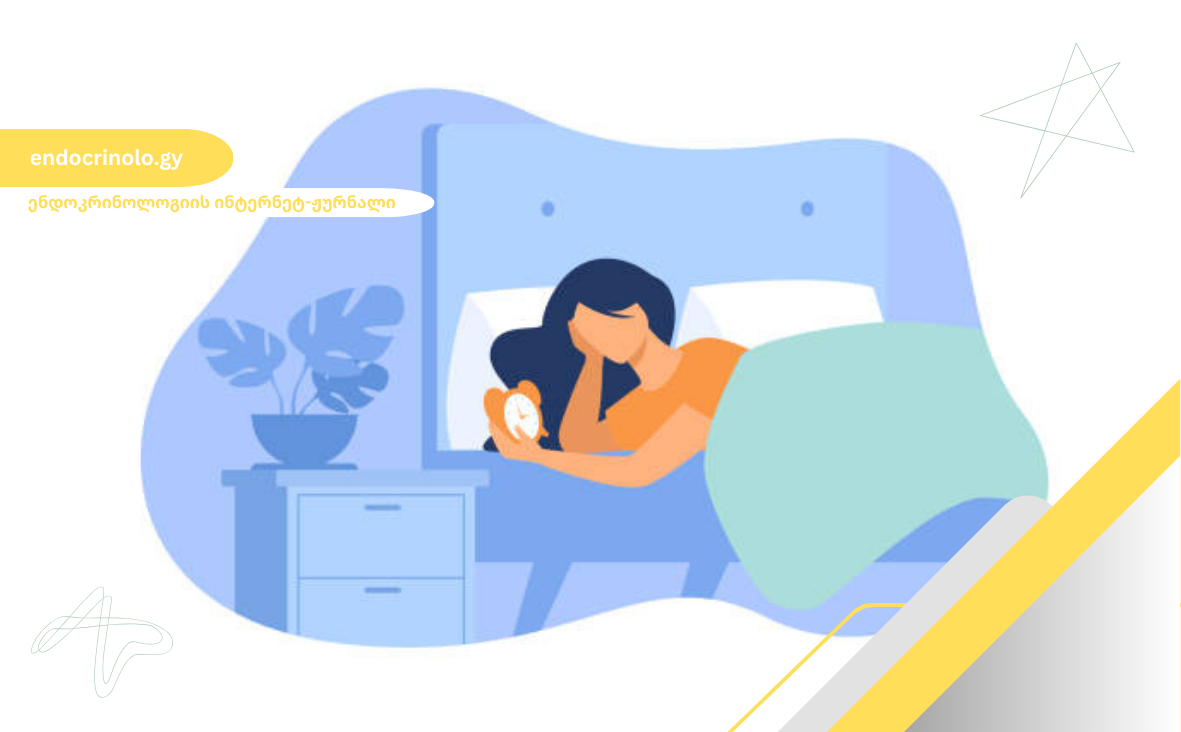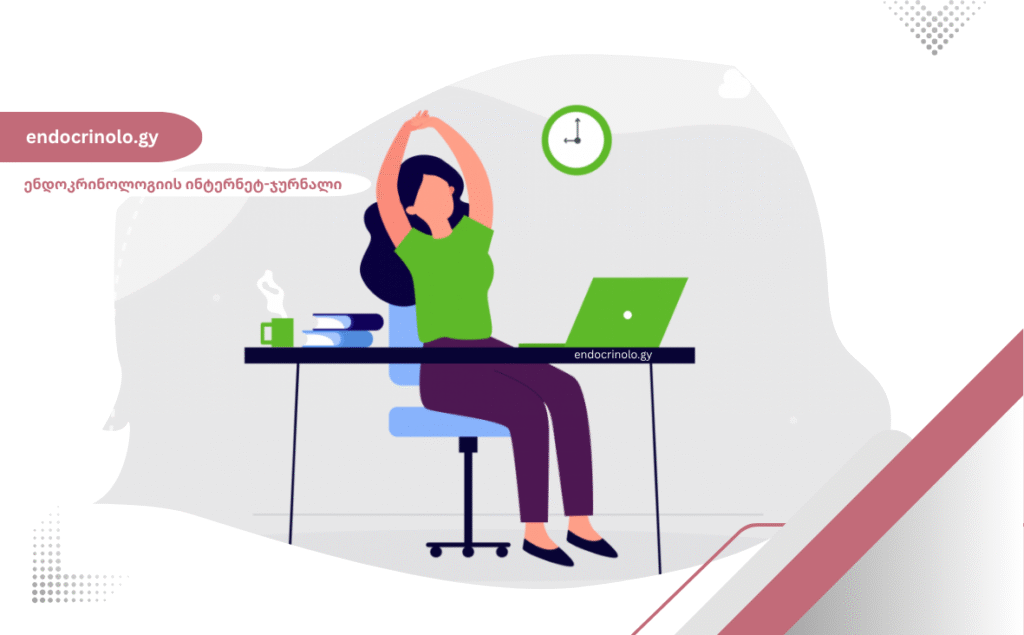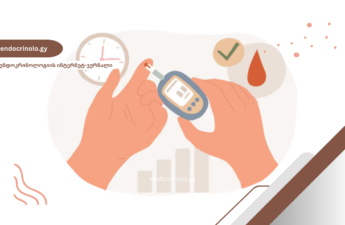Healthy sleeping is a part of a healthy lifestyle.
Although sleep may seem like a completely inactive phase of life, physiologically it is a period of intense activity, when various so-called neurotransmitter substances begin to act and help the body:
- recharge with energy
- renew tissues
- brain and memory rearrange: consolidation of all new information received during the day
- grow the body
Go to sleep time
Our body has its own internal clock which routinely is synchronized with day and night. by this rhythm is working our consciousness, metabolism, sleeping and waking up cycles and many other processes.
This internal clock is made by:
- Physical factors such as: light, darkness, physical activity, eating;
- Biological factors such as: neural and hormonal signals in the brain.
Until the humans had invented artificial light, they went to sleep after sunset and woke up after sunrise during the centuries. The sensitivity to light is the main factor which triggers release of hormone melatonin. Melatonin release is blocked by light and its concentration starts to increase in darkness. The high level of melatonin is cause of falling asleep.
What is happening today? Nowadays our body has lost its connection to biological stimulators. We spend a time on artificial light in front of different screens after sunset. Unfortunately all kind of this artificial light blocks melatonin release in the brain and affects sleeping process. Obviously this alters evolutionary formed biological rhythm, which determines a lot of our bodies functions.
Sleeping time
In the modern life adults and children too sleep less than before.
How much sleep is enough for the body depends on various factors - the most important of which is age.
Sleeping times by age groups are:
- In newborns – 14-17 hours/day
- At 12 months old – about 10 hours/night and 4 hours/day
- At 2 years old – about 11-12 hours/night and 1-2 hours/day
- Ages 3-5 – 10-13 hours
- Ages 6-13 – 9-11 hours
- 14-17 years old – 8-10 hours
- Adults – 7-9 hours
Sleep quality is as important as sleeping time. When sleeping process interrupts many times, its quality is decreased.
Go to sleep time, sleeping time and quality of sleep are the factors, violation of which causes a lot of changes in endocrine system and in whole body.
Many functions of endocrine system including hormone release, blood concentration and action, are dependent on sleeping and waking time. Also the pick level of some hormones are detected at night during sleep. These hormones are: cortisol, ghrelin, insulin, prolactin, testosterone, parathyroid hormone, growth hormone.
Sleeping and cortisol
Cortisol is a main hormone, which helps the body to response to any kind of stress. Its release is related to day and night cycle: the blood concentration is highest in the early morning and is decreasing during the day. Before sleep its concentration becomes minimal. Sleeping deprivation causes changes in releasing process of cortisol and obviously it's followed by its negative impacts on the body.
Sleeping and metabolic diseases
Particularly strong connection is observed between sleep deprivation and metabolic diseases.
Sleeping deprivation is considered as one of the main causes of modern obesity pandemic.
Sleep deprivation causes such a disbalance of hormones, which becomes promotional for developing obesity. In particular the concentrations of leptin and ghrelin are changed in a way that causes increased feeling of hunger. Also, the tendency is observed that during sleeping deprivation people choose high caloric food, which obviously causes increasing body mass.
Besides this affected cortisol ang growth hormone concentrations also are promotional for obesity.
In addition the level of physical activity is decreased during the day because of sleep deprivation.
Along with obesity, there is a very close connection between sleep hygiene and glucose metabolism. Glucose concentration is also variable and undergoes physiological changes during the day and night according to internal biological rhythms.It has been established that even one night of sleep deprivation increases insulin resistance, which leads to increased blood sugar levels.As a result, sleep disorders increase the risks of prediabetes and diabetes. The main hormones responsible for these processes are insulin, growth hormone, cortisol, and the non-physiological changes in their concentrations in conditions of sleep disorders.
So the correction of sleep hygiene can prevent obesity and helps losing weight.
General impact on health
The lack of sleep during short time can cause weakness, fatigue, memory and studding disturbances, dizziness, weakened immune system. The long lasting sleeping deprivation can cause: altered regulation of stress hormones, depression, anxiety, decreased testosterone level and coexisting hypogonadism in man. In addition to increased risks of obesity and type 2 diabetes, it can also trigger cardiovascular diseases and can even reduce life expectancy.
Sleep hygiene is particularly important for children and adolescents. Because sleeping plays very important role in release growth hormone and in sexual development too. The hormone changes and impacts on the body are the same as in adults.
How to regulate sleep?
- Try to maintain the same sleep schedule every day.
- Sleeping in for a long time on the weekends can make it difficult to maintain a consistent sleep schedule, so don't oversleep for more than an hour on these days.
- remember that eating before sleep can alter sleep quality and increases the risks of obesity and type 2 diabetes
- don't take caffeine before sleep
- the lights from mobile phone, TV and tablets can reduce melatonin release and make it difficult to fall asleep. Don't use these devices before sleep and if you have to, it would be better to use night mode, which can decrease light, that alters the level of melatonin
- try different options for comfortable sleep and choose which is most appropriate for you. For example, you can select preferred illumination, temperature in the room; provide silence or contrary, use devices which make different voices: music, sounds of nature and etc.
- Use the bed only for sleeping and avoid eating or working there.
- If necessary, consult a specialist to diagnose and manage the problem.
Written by: Elga Giorgadze, MD (Endocrinologist))






